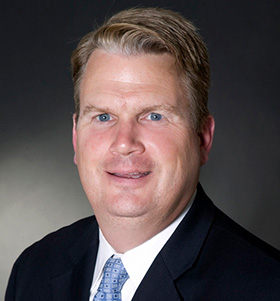Pennsylvania legislature considers 'well checks’ for wheelchairs ‘Consumers don’t really want to fix their own wheelchair'

By Tracy Orzel
Updated 10:00 AM CDT, Fri June 23, 2023
 PHILADELPHIA - Pennsylvania lawmakers are taking a unique approach to addressing repair issues with two bills, HB 183 and SB 511, that would provide coverage for up to two “well check” visits per year for complex wheelchair users.
PHILADELPHIA - Pennsylvania lawmakers are taking a unique approach to addressing repair issues with two bills, HB 183 and SB 511, that would provide coverage for up to two “well check” visits per year for complex wheelchair users.
The bills would help address the difficulties that users are facing trying to get their wheelchairs serviced and repaired due to supply chain disruptions, labor shortages, documentation delays and inadequate reimbursement. In some states, like Colorado, they’ve even pushed through legislation allowing them to buy parts directly from manufacturers to repair their own equipment.
"We’ve seen to some degree—although it's still relatively early on in Colorado—that consumers don’t really want to fix their own wheelchair, they want to be able to pick up the phone and have someone fix their wheelchair in a timely manner,” said Seth Johnson, senior vice president of government affairs for Duryea, Pa.-based Pride Mobility Products.
The office of Rep. Dan Miller, a Democrat who represents the 42nd legislative district and who sponsored HB 183, is pushing to have a hearing for the bill in August, Johnson says.
The bills also offer significant advantages to providers by proactively addressing common wear-and-tear items, such as batteries, tires and vulnerable or impaired cabling, minimizing the need for costly, time-consuming repairs down the line, says Mindy Eberhart.
“We see this as a benefit to all parties,” said Eberhart, executive director of Pennsylvania Association of Medical Suppliers (PAMS). "Our concern, obviously, would be that there would be fair reimbursement for these activities, so we have a bit of a road ahead of us to make sure that (happens).”
If the bill goes through, stakeholders are ready to have those discussions, says Johnson.
“We've been very upfront with the legislators,” he said. “At the same time, it's too premature for us to understand what that reimbursement might look like. The next step is likely going to be a public hearing, also known as an educational session, followed by a vote and then we’ll go from there.”
Comments